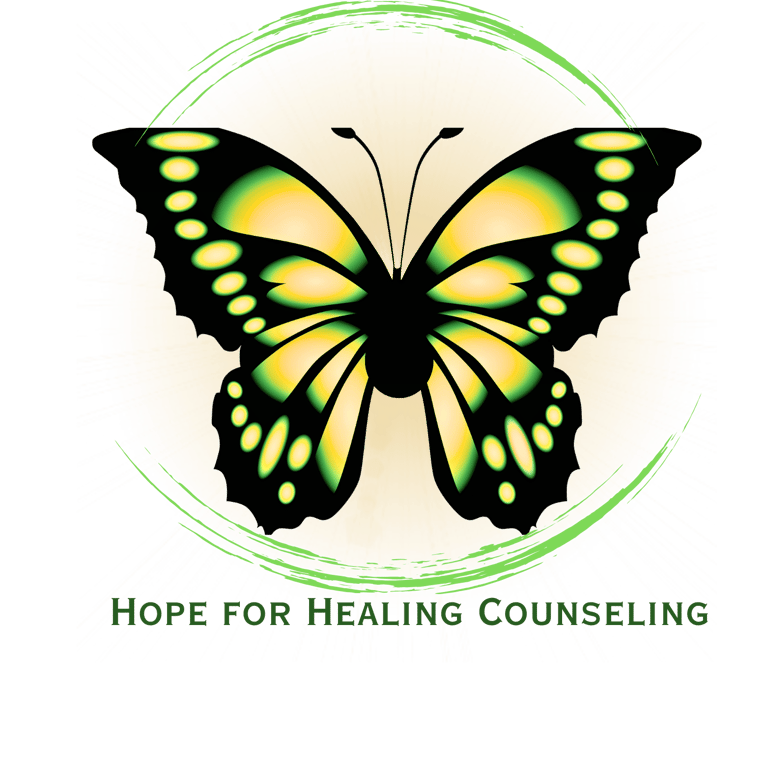Individualized support and education for those experiencing trauma, aimed at fostering healing and resilience through tailored therapy.
Trauma is a response to a deeply distressing or disturbing event that overwhelms an individual's ability to cope, causes feelings of helplessness, diminishes their sense of self and their ability to feel the full range of emotions and experiences.
Traumatic events can include, but are not limited to:
Trauma Counseling
Combat exposure or being in a war zone
Physical or sexual assault
Childhood abuse (physical, emotional, sexual, neglect)
Terrorist attacks
Serious accidents (e.g., car crashes, fires)
Natural disasters (e.g., earthquakes, hurricanes)
Torture or kidnapping
Witnessing death or serious injury
Sudden, unexpected death of a loved one
Life-threatening medical conditions
Post-traumatic stress disorder (PTSD)
Is a mental health condition that can develop after experiencing or witnessing a shocking,
frightening, or life-threatening event.
It is natural to feel fear during and after a traumatic event. The body’s automatic “fight-or-flight” response is designed to protect us from danger. Most people recover from initial distress over time, but some continue to experience lingering effects that interfere with daily life—this may be diagnosed as PTSD.
People with PTSD often feel anxious, stressed, or fearful, even when no real danger is present
Not everyone who experiences trauma will develop PTSD, and not all cases stem from direct physical danger. The sudden loss of a loved one, for example, can also lead to PTSD.
Symptoms typically emerge within three months of the traumatic event but can sometimes appear years later.
For a PTSD diagnosis, symptoms must persist for more than a month and significantly impact relationships, work, or daily functioning. The severity and duration of PTSD vary—some people recover within six months, while others experience long-term or chronic symptoms.
We strive to help you heal from your trauma experiences, help you understand the root cause of your behavior, and facilitate healing using various treatment methods including Trauma Focused Cognitive Behavioral Therapy,
and Cognitive Processing Theory.
Talking and processing trauma experiences can be anxiety provoking.
At Hope for Healing Counseling we work with your pace and comfortability.
Specific details of the traumatic event do not need to be voiced until you are comfortable.
Many times we can identify the emotional trauma responses you experience and process those emotional responses to triggers to facilitate healing and resilience.
Your provider is specifically trained in evidenced based treatment for Trauma
Alongside 20 years experience working with various severities of trauma from childhood through adulthood.
Your story. Your journey. Your healing.
Our Support.
It's important to recognize that events that may be traumatic for one person may not be for another, and various factors, including individual resilience, support systems, and prior experiences, can influence the impact of a potentially traumatic event.




